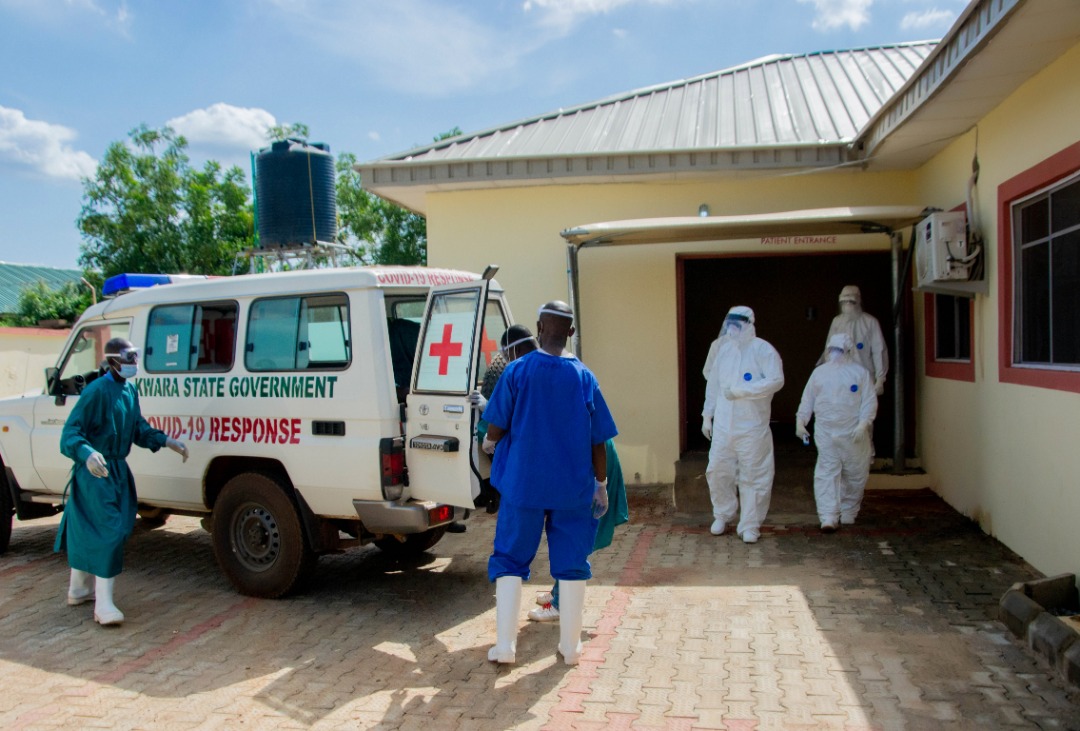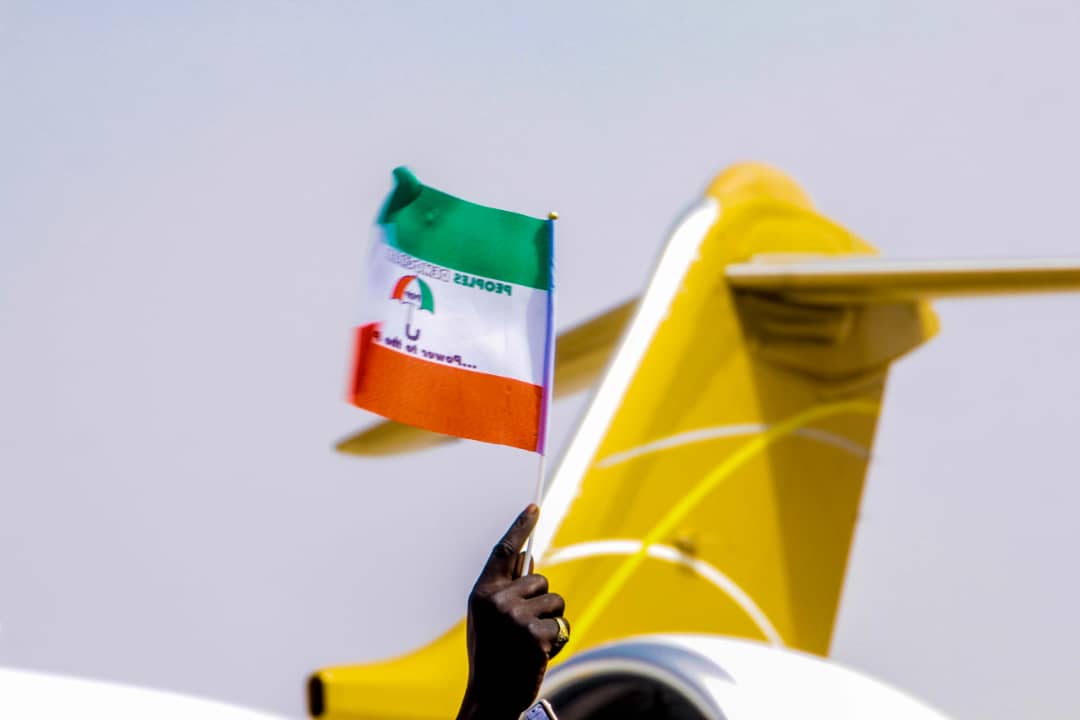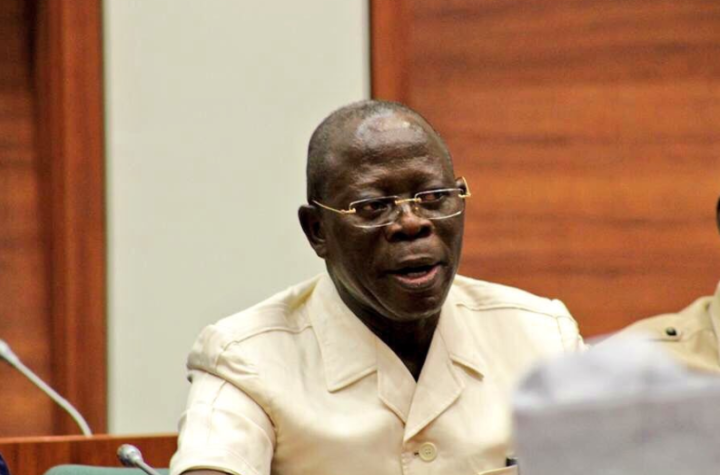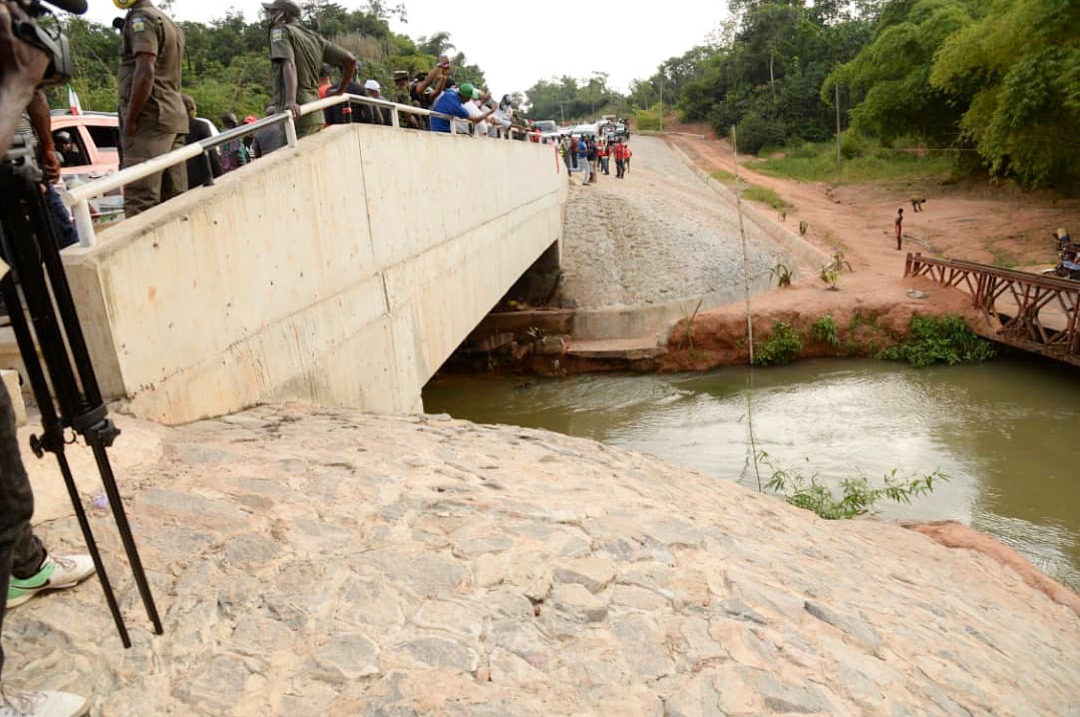BY ADIE VANESSA OFFIONG
As part of its global health security programme, Nigeria in 2017, underwent an assessment – Joint External Evaluation (JEE) – to ascertain its level of epidemic preparedness. It scored 39%, against a 49-indicator tool, set by the World Health Organisation (WHO).
Normally, this assessment is done every five years. However, in November 2019, it underwent a midterm review which involved health security experts from 29 ministries, departments and agencies. This time it went up seven points with a score of 46%.
Nigeria was scrutinised in 19 technical areas with the results validated by a mission team from WHO, Public Health England, Resolve, the US CDC, AfeNET, ProHealth and the University of Maryland.
According to an interpretation of the legend on preventepidemics.org, this meant that, “the country has work to do to prepare for the next epidemic.”
Advertisement
The analysis on Nigeria was thus: “They are committed to improving preparedness, but an outbreak today could cause deaths and cross borders.”
While this seems like there is some flicker of hope, there was no thumbs up for Nigeria in any of the 19 technical areas under evaluation – particularly with preparedness where it scored 20% which was the same rating it received for national legislation, policy and financing. Its highest score was for workforce development (60%) and then real-time surveillance (55%). Nigeria scored 48% for risk communication and 45% for emergency response operations.
These seven of the 19 areas, are the foundational technical areas for epidemic preparedness and they contribute to strengthening the health system. The remaining 12, leverage on the strong system.
Advertisement
Although there is more to epidemic preparedness than money, funding still remains a core part of the process. According to WHO, health financing is cardinal to every health system.
Health financing deals with issues ranging from fiscal space available for health, who pays for health services, and when and how it is paid, to subsidies and coverage for the poor and vulnerable, according to Oluwatola Toluwani.
The health financing critique analysed how “COVID-19 is a game-changer for health financing in Nigeria.”
He said the spread of the disease rattled countries with stronger health systems in the global North, as Nigeria, Africa’s most populous nation, prepared to combat the novel virus with 4.14% (N420,990,700,000,) of its total budgetary allocation for 2020, after it recorded its index case in February. This is against the 15% of annual budget recommendation of the Abuja Declaration for governments to spend on health.
Advertisement
Nigeria, “and the perceived weakness of our health system — caused by poor health financing among other things,” Toluwani said, reacted with “rapid simultaneous responses on many fronts by the federal and state governments, private sector players, international donors, and private individuals.”
The country responded to the disease by setting up isolation centres, providing medical supplies and personal protective equipment, renovation of hospitals, setting up testing laboratories around the country, and provision of relief items to cushion the effects of the pandemic. However, Toluwani queries whether all these will “mark a new era for health financing in Africa’s most populous country?”
While Siddharth Dixit, Yewande Kofoworola Ogundeji and Obinna Onwujekwe acknowledge that, “the Nigerian government has taken numerous health, social, and economic measures to cushion the impact of COVID-19,” like Toluwani, they also say that, some of the policy responses, however, have weaknesses and, “taken together, are not commensurate with the magnitude of the problem.”
The Nigerian government said it would need $330 million (N127 billion) to acquire consumables including medical equipment, personal protective equipment and medicines, towards controlling the pandemic.
Advertisement
Towards more funding for the pandemic, the government appealed to private companies to make voluntary contributions toward this amount and has “committed to investing some of this amount, and financial commitments were also made by private, bilateral, and multilateral institutions to raise the remaining funds.”
With contributions from 33 oil companies, including international majors Royal Dutch Shell and ExxonMobil and Nigerian companies Oando, Lekoil and Seplat, the Nigerian National Petroleum Corporation (NNPC) pledged $30 million. The NNPC also said it would offer more in partnership with downstream companies and that assistance, offered by companies, includes 200 ambulances, test kits and laboratory equipment.
Advertisement
There has been more external funding towards helping Nigeria address the pandemic.
Nigeria also received €50 million from the European Union to support its response to the pandemic. This is as Godwin Emefiele, head of Nigeria’s apex bank sought intervention from the country’s private sector and established the Coalition Against COVID-19 (CACOVID) which has so far, raised over $72 million, for food relief materials, medical supplies.
Also, an emergency support of $3.4 billion was approved by the IMF for Nigeria to address the economic impact of COVID. This is as the government made moves to borrow $4.34 billion from the domestic stock market to finance its budget.
Advertisement
Dixit, Ogundeji and Onwujekwe advise that while the government works towards additional funding, it “should also increase the efficiency of its response to the pandemic.”
They said: “Making sure that regular health programs remain well-funded is even more important. For example, immunization financing must be maintained; drops in immunization will have profound long-term impacts. The crisis is also an opportunity for overall integration of health programs.”
Advertisement
In his analysis, Daniel Ogbuabor, one-time commissioner for health in Enugu state and chairman Parliamentary Committee on Health, described Nigeria’s attitude to epidemic preparedness as “a cycle of panic and neglect,” once there is an epidemic.
He said, “Once the epidemic goes down, we go into the next cycle of neglect. So, there is no comprehensive approach to the emergency preparedness of the epidemic.
Reflecting on Nigeria’s response to Ebola which happened in 2014, Ogbuabor a senior lecturer at the department of health administration and management, University of Nigeria, Nsukka, said, it was a great lesson for not just for Nigeria, but for the entire Western community and the entire global community.
“As it turns out to be and as you can see with this COVID-19 now, it seems that all the things and public health progresses that were made during Ebola, are lost. Across all the states in Nigeria, how many states would you visit and see a well-equipped isolation centre?
Varying from the call for increased funding, Ogbuabor said, increased funding is not the issue. He said, “It is about the excessive use of funds and accountability. It is about, strategically, using those funds to purchase services in a way that improve efficiency and the effectiveness of intervention. That is what we have not achieved. Within this COVID-19 pandemic, we have also got an epidemic of corruption.






